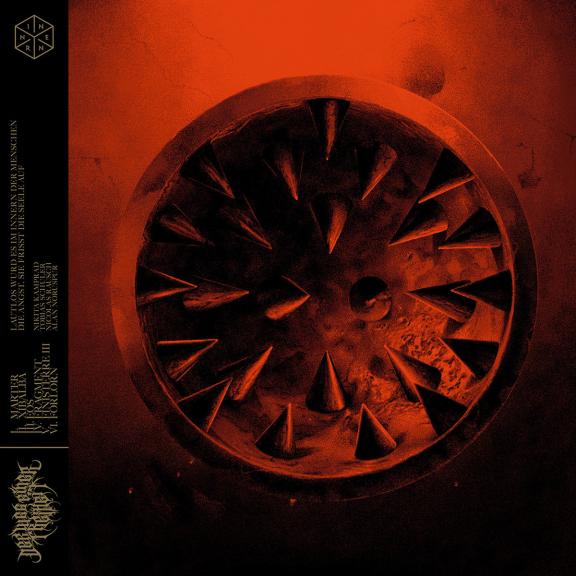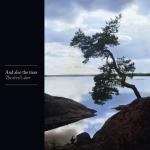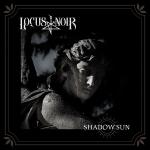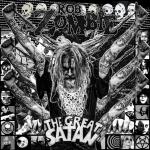Der Weg Einer Freiheit, a German black metal band formed in 2009 by Nikita Kamprad (vocals/guitar) and also featuring Nicolas Rausch on guitar, Alan Noruspur on bass, and Tobias Schuler on drums, will release their sixth studio album, Innern, on September 12 via Season Of Mist. Alan Noruspur joined the band as bassist for this album in 2024 (although he had already replaced Nicolas Rausch on the band's 2023 tour) after Nicolas Ziska announced he wanted to take a break.
As their career progressed, the band's influences expanded: their sound took on complex textures with a dense yet accessible atmosphere. Thus, their entire body of work brings to life a gigantic organism with a dark yet majestic air that digs deep within us with each new listen. Innern, which means “inside” in German, is no exception in this introspective quest synonymous with self-reflection, struggle, escape, and freedom. The approach to composing this album was different from the others this time, as Nikita composed it entirely in his own studio. He also supervised its creation and production from start to finish (recording, mixing, mastering), which does not detract from the overall artistic cohesion that can be felt from beginning to end.
If sincerity is, logically, the key to any work of art, what Der Weg Einer Freiheit masters best in this regard is the marriage of spontaneity and meticulousness. The need to cry out in pain in order to find peace in inner silence, and at the same time, the need to experiment passionately, to test new combinations of notes, instruments, sounds, textures, and voices. The combination of drums and bass with haunting echoes on Fragment seems to bring another strange world to life, while the resonance of the voices on Eos gives it a multi-headed dimension. The richness of this stellar composition oscillates between several types of singing: heart-rending cries in clear voices, gloomy echoes with deep tones, visceral screams... it's a rich journey.
Marter is also a little gem; a distillation of torment. It resonates like an enveloping, haunting alarm, ordering us to stop and take a breather. The drums are martial and relentless, while the guitars seek refuge from despair, creating a beautiful symbiosis. The melancholic synths of Xibalba also quickly make their way into our consciousness, and while the music perfectly captures the anxieties it speaks of, its mere presence also soothes our tormented souls: if the song speaks of a flame to be found within us, the one that keeps us alive, however small it may be in the face of our fears, perhaps one of the keys can be found here, in listening to it.
The pause offered by Finisterre III deserves to be paused on. Firstly, because it marks a symbolic boundary as well as a discreet link between the first four tracks, written by Nikita, and Forlorn, the next track, which concludes the album and was composed by both musicians, Nikita and Nicolas (who wrote all the lyrics in English for greater accessibility). When listening to Finisterre III, which is entirely instrumental, the proximity to the composer is conveyed through an organic sound, as if the microphones had been placed on his skin, or as close as possible to the instrument. If you listen closely, you can hear the creaking of an old piano inhabited by time and its ghosts, with strangely disoriented notes, but also the calm and reassuring breathing of the musician, who once again shows us his interest in and love for classical music. This recording, as if inscribed on a damaged film reel, which we know to be spontaneous and played in one take, reconnects us to a more peaceful reality.
The band has revealed that the live version of this album will be just as powerful as the studio version, as it has been produced to create powerful yet clear atmospheres, allowing all the background layers to be heard without obscuring the heart of the song or its authenticity... Suffice to say, we can't wait to see for ourselves!





